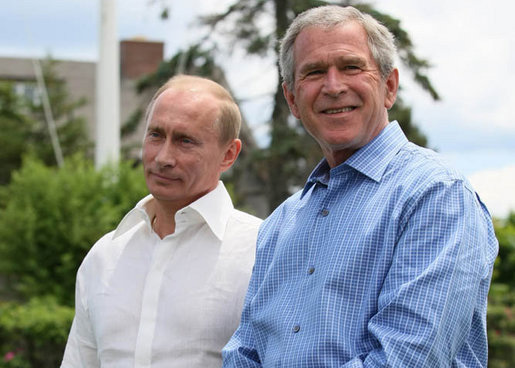_____________________________________________________________________________________
 |
| MILF insurgents in Mindanao, Philippines. Image: Keith Bacongco |
Why does it matter?
 |
| Bombed out vehicles in Aleppo, Syria |
The Syrian example is only one of many, and it is a preview of the future of warfare. While the 20th century has already seen many conflicts involving extralegal military groupings, this is and will continue to be the prevalent phenomenon of the 21st century. In his book Wars, Guns, and Votes, Paul Collier, professor of economics at Oxford University and author of the famous The Bottom Billion, states that “[t]he wars that will fill our television screens this century will be civil wars, not international wars” (p. 121). His prediction is backed by the data presented in the Conflict Barometer 2012, a publication of the Heidelberg Institute for International Conflict Research (HIIK). It holds that, “as in previous years, about 80 percent of all conflicts were domestic” and adds that “[t]he average intensity calculated for all domestic conflicts observed (2.63) was approx. one intensity level higher than that of interstate conflicts (1.57)" (p. 3-4; The brand new Conflict Barometer 2013 will be available on their website later today). NSAGs are by their nature participants in civil wars and other intrastate violent conflicts, in which they fight on at least one side. Following the South-South Network (SSN) for Non-State Armed Group Engagement’s working definition, in this paper the term NSAG refers “to rebel or insurgent groups, i.e. groups that are armed, use force to achieve their political/quasi-political objectives, and are autonomous from the state. As used here, NSAGs do not refer to state-controlled militias or paramilitaries, civil defense units, mercenaries, private military and security companies, proxy armed forces and the like.”
| Iraqi insurgents from northern Iraq. Image: Menendj |
The focus on the ethical dimension of NSAGs is especially important with a view to the enormous impact that civil wars have on affected and neighboring societies. A working paper by the Centre for Humanitarian Dialogue asserts that NSAGs play a critical role “as they address key issues of human security, including the illicit trade in small arms, the recruitment of child soldiers and the use of landmines” (p. 13).
 |
| Soldier near a refugee camp in the Central African Republic |
Finally, civil wars have tremendous consequences on the economy of affected societies. In Wars, Guns, and Votes, Paul Collier estimates that the economic costs of a typical civil war in a society of the bottom billion “are the equivalent to losing around two years of income, or some $20 billion." (p. 137; In his book The Bottom Billion, Collier identifies four development traps. Low income countries that are caught in at least one of these traps are defined as bottom billion countries.)
Many of the above mentioned impacts and consequences of civil war have two things in common: They are (1) highly persistent and will affect societies long after the civil war has ended and they also have (2) very negative effects on neighboring countries. For example, the neighbor states of countries that are affected by civil war suffer from raising HIV/AIDS rates as well as increases in the number of homicides. Furthermore, civil wars caused tremendous damage to neighboring economies.
The current state of research
When it comes to the ethical dimension of NSAGs, most of the research that is been conducted focusses on the closely related area of legal issues. Some scholars look into the field of international criminal law and how it could be extended to NSAGs. Another area of discussion is the Human Rights obligation of NSAGs in general as well as in violent conflicts in particular. Apart from Human Rights, many researchers focus on the compliance of NSAGs with International Humanitarian Law, the law of armed conflict. These legal questions are topped off by the discussion how and if NSAGs are punishable. Apart from legal issues, some publications deal with the moral misconduct committed by NSAGs, for example the use of landmines or the employment of child soldiers.
So much about the importance and state of research. In my next entry I will focus on the uncharted territory on the map of ethics and NSAGs.



